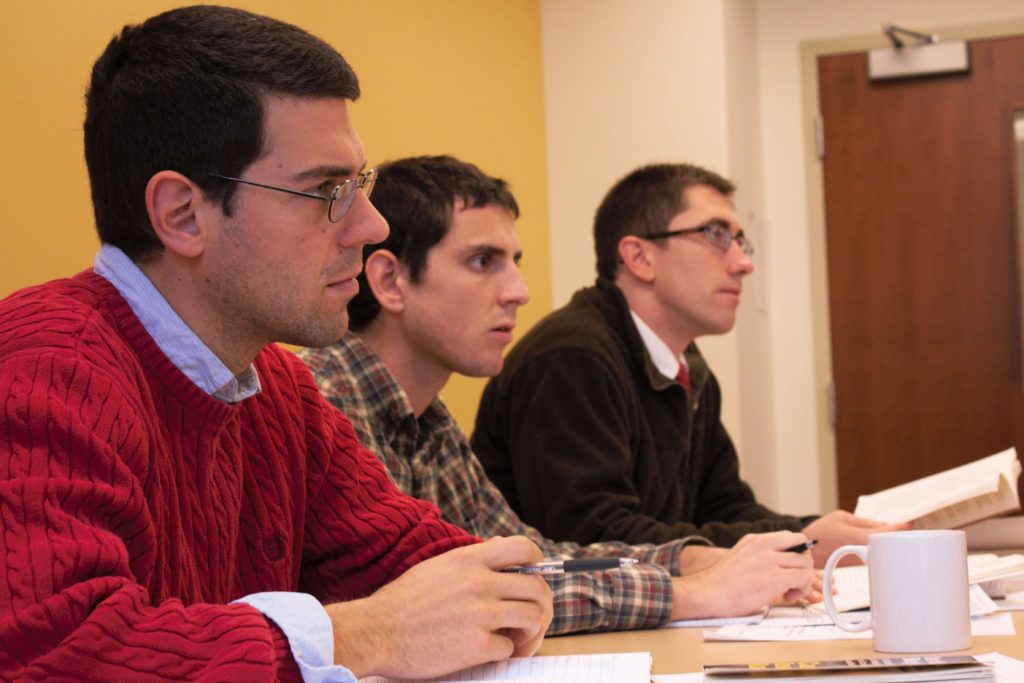The CAGS offers students an opportunity to receive advanced academic formation with a certification emphasizing either the theology of marriage, family, and the person or biotechnology and ethics. The CAGS would enable them to pursue their careers and personal goals at a higher, more accomplished level.

| Application Form | The application form may be completed online or by PDF. Links to both options are available on the Apply page. |
| Application Fee | The application fee is $75 and is non-refundable. |
| References | At least three letters of recommendation from faculty members of academic institutions formerly attended. Please ask the professors to compare your achievement with that of other students at your level and to evaluate your readiness for graduate studies. These letters must be sent directly to the John Paul II Institute by the recommender through our online portal, by mail, or by email to [email protected]. You will need to complete a waiver for each reference letter. If you are completing the application online, the waiver form is included in the online form. If not, a copy of the waiver form must accompany the mailed or emailed letter. |
| Essay | In a 1500-word essay, explain your intellectual interests and their relation to the mission of the Institute relative to the current cultural situation. You may wish to refer to the brochure, “The Nature and Purpose of the Institute.” Your essays should be formatted in double-spaced, 12-point font, and may be uploaded as part of the online application or emailed to [email protected]. |
| Transcripts and Graduation Documentation | Official transcripts of all post-secondary education (sent by the institution) |
| Identification | 1. Electronic photo (headshot). May be uploaded as part of the online application or sent to [email protected]. 2. A copy of your birth certificate and driver’s license/state ID, or a copy of your passport |
CAGS candidates take 33 credits of coursework, selected with the guidance of the Ph.D. Program Advisor, from among the doctoral-level seminars. In addition, some courses from the M.T.S. program, either for audit or for credit, may be required for CAGS candidates who did not receive an M.T.S. from the Institute.
CAGS candidates will develop a paper from one of their classes into a thesis of approximately 50 pages under the guidance of a faculty member serving as director. The candidate must defend the thesis before a panel composed of the director and two additional faculty members. Upon successful completion of the thesis requirement, the student will be awarded 3 credits in addition to his or her coursework credits.